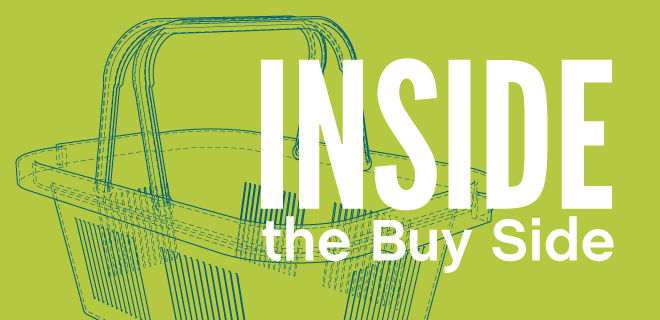
It seems the blockchain revolution is in full swing. Blockchain technologies are the latest buzz across innovation both in startups and with big brands and agencies. It is arguably one of the largest breakthroughs in technology since the early days of the internet as we know it.
So, what’s all the hype about? What about the hype should we believe?
What Is Blockchain?
In simple terms, blockchain is a method of storing data in a decentralized network, versus the prevailing centralized approach. A blockchain is, as its name suggests, a linked set of records that grows as new data is added to the system. A “block” contains a hashed key that links it to the previous block, a timestamp for when it was altered, and transaction data. Once recorded, data on the blockchain cannot be changed retroactively without the alteration of all subsequent blocks and a collusion of the network majority.
The decentralized, open and cryptographic nature of blockchain allows people to trust each other and transact peer to peer, making the need for intermediaries obsolete. This has huge implications for much of the middle of the Lumascape, and brings unprecedented security benefits. For example — if someone wanted to hack into a particular block in a blockchain, they would need to hack into not only that block, but all of the proceeding blocks in the chain, on every ledger in the network (which could be millions), simultaneously.
What Is the Implication for Advertising and Media?
It is no surprise that due to all the hype, blockchain is landing on the agenda at nearly every new agency review brands are conducting. This is great news, because the technology stands to clean up much of the fraud, transparency, brand safety, measurement and reconciliation issues the industry faces. The promise of blockchain is a simple but elegant concept that will revolutionize advertising.
The industry could come to doubt the veracity of blockchain because of a few bad actors, before it can deliver the changes it promises.
However, if we’re not careful with blockchain, we’ll face some of the same challenges we faced with programmatic early on. Companies that see nothing but dollar signs will potentially give blockchain a bad reputation before it ever has a chance to make an impact.
Ironically, there is a new ad agency called Truth, whose web site talks about cleaning up the ad industry and solving many of the ills large brands worry about, by using blockchain smart contracts. They even claim to have a report on their site—and when you register for it, you get a notification: “Thank you for expressing interest in the Truth Data Cloud. We have lots of announcements coming, and having signed up to our email news letter, you will be amongst the first to hear them.” I thought there was a new regulation called GDPR in Europe, or there will be starting in May. I didn’t ask to join a mailing list; I asked for the PDF report they suggest is available. Hmmm… Truth?
The good news is that blockchain does stand to clean up issues like undisclosed fees, opaque trading agreements, rebates, ad taxes or intermediary fees and inappropriate ad placement. Truth Agency claims to be doing work with blockchain today addressing these problems at scale. There is absolutely no “truth” in this at all. There are some small POC’s happening, but blockchain today is where the internet was in the 1970s, when the first Apple Computer was released. While the blockchain timeline will be compressed, and we will see innovation at a much quicker pace then in year’s past, the fact remains we are very much in the infancy of blockchain.
Brands and agencies should be careful and educate themselves. Do not test some of these so-called “blockchain tests or solutions” without knowing what you’re getting yourself into. Otherwise, the industry will come to doubt the veracity of blockchain because of a few bad actors, before it can deliver the changes it promises.